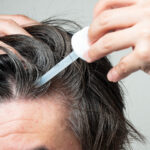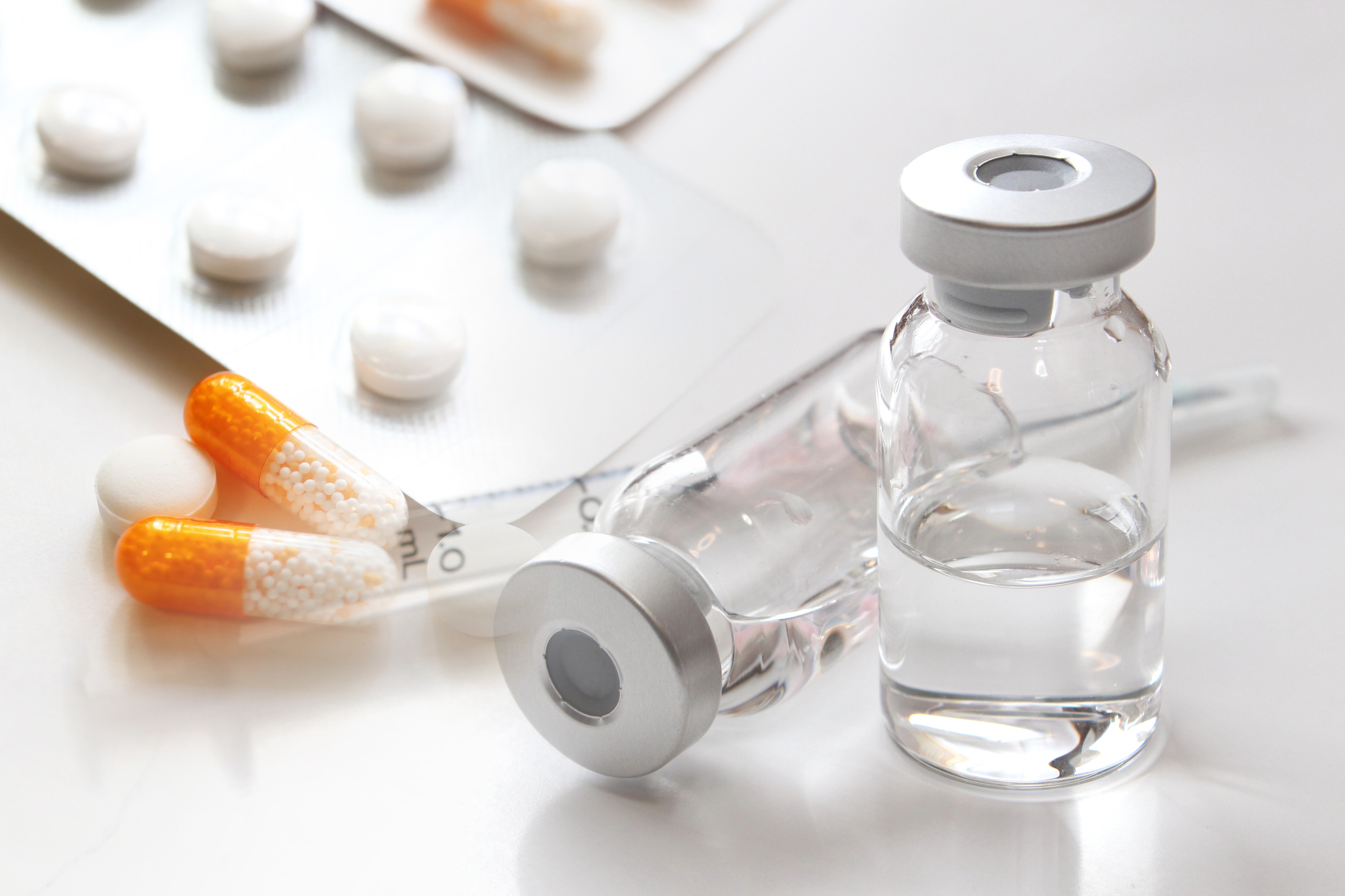
If you are considering AGA treatment, you may be worried about side effects.
“If I take the medications I might lose my libido…”, “What if my scalp gets inflamed…”, “I’m worried about continuing to take it for a long period of time…”.
Do you have any concerns like this?
AGA treatment is a beacon of hope for many men suffering from thinning hair. However, without sufficient information about the side effects of treatment medications, it is natural to feel uneasy.
In fact, a wide range of side effects have been reported with AGA medications. But most side effects can be controlled with the right knowledge and appropriate measures.
This page details the side effects you need to know about when undergoing AGA treatment and how to deal with them. We take your concerns and questions seriously and support you so that you can go into treatment with peace of mind.
The symptoms, causes and countermeasures for advanced thinning hair due to AGA are summarized in the following article.
この記事で説明する内容は?
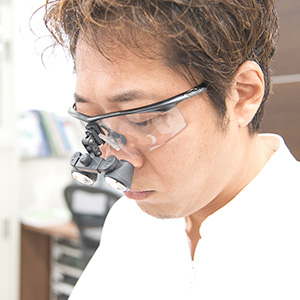
Kentaro Kato, Hospital director of Osaka AGA Kato Clinic group, specializing in comprehensive hair treatment. We specialize in cutting-edge treatments for a variety of clinically proven effective treatments for thinning hair and hair loss. Graduated from Faculty of Medicine, Kinki University in 2001 Worked at plastic surgery of Osaka Medical and Pharmaceutical University Hospital as an anesthesiologist from 2001 to 2005. Worked as a head of plastic surgery at major cosmetic surgery, Hair Transplant Department from 2005 to 2011. Opened Osaka AGA Kato Clinic in 2011. Japan Society of Plastic and Reconstructive Surgery, Regular Member. The Japanese Society for Regenerative Medicine, Regular Member. World Academy of Anti-Aging & Regenerative Medicine, Regular Member.
Side effects to be aware of when Taking AGA medicines
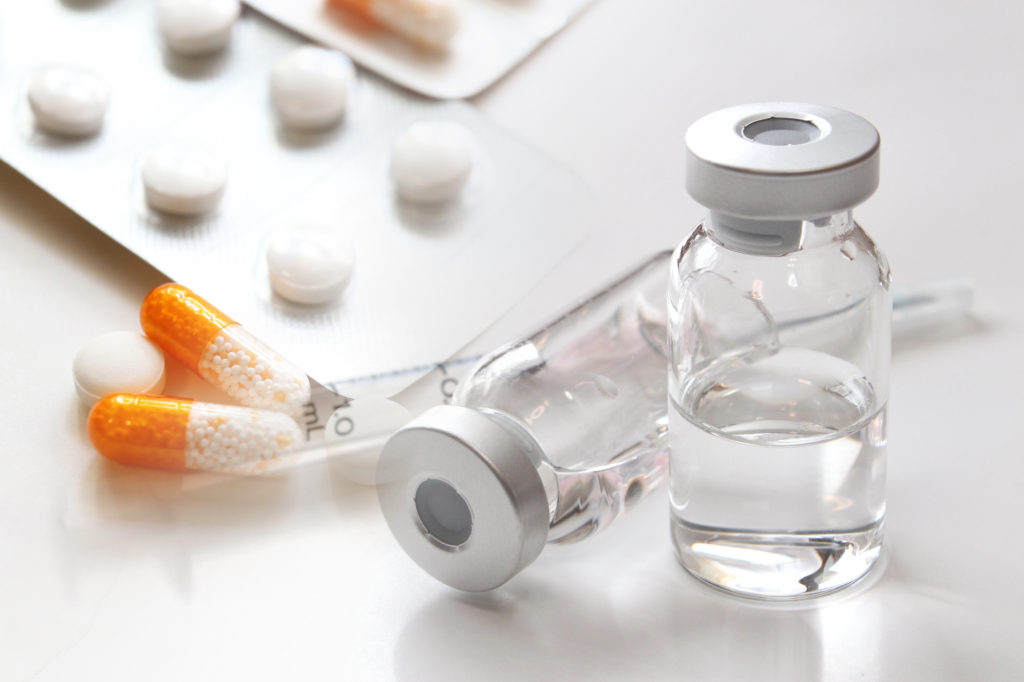
One misunderstanding many people have is that side effects are often assumed to be unavoidable, but this is not always true. The severity of side effects can vary widely depending on the symptoms, constitution and medication used.
This section describes the side effects that are likely to occur. If you experience any of the following symptoms, you should first consult with your doctor to thoroughly discuss your symptoms and treatment plan. This will lead to the safest and most effective treatment.
It is most futile to stop all treatment altogether because of side effects. Even if you stop medication treatment temporarily, keep your scalp in good condition and be prepared to resume treatment.
Decreased libido

Finasteride (Propecia) inhibits the enzyme 5α-reductase, which converts the male hormone testosterone into dihydrotestosterone (DHT). As a result, the amount of DHT is decreased.
DHT is also a hormone that has a direct impact on sexual desire. As a result of decreased levels of DHT, sexual desire may be decreased in some men.
With finasteride (Propecia), erectile dysfunction and reduced ejaculation have been reported. AGA treatment does not always affect sexual function. Side effects vary from person to person.
The first step in taking action is to consult a doctor. Your doctor can adjust the dose or suggest other treatments besides finasteride. For example, minoxidil has little effect on libido, so this may be one option.
Decreased semen volume
Finasteride (Propecia) may reduce semen volume. This is thought to be due to the fact that finasteride inhibits DHT production, thereby reducing prostate and seminal vesicle secretions.
Decreased semen volume itself is not a health problem, but it may be a cause for concern for some men. If this side effect is a concern, it is important to consult a doctor and consider appropriate measures.
Gynecomastia
When men take finasteride (Propecia), in rare cases it can cause gynecomastia, an enlargement of the breasts. This is a side effect caused by changes in the hormonal balance in the body.
If gynecomastia appears, you should consult your doctor for appropriate treatment. If the symptoms are mild, the patient may be monitored, but if they are severe, surgical treatment may be necessary.
Testicular pain
Testicular pain has been reported in some men taking finasteride (Propecia). This pain may be due to inflammation such as epididymitis or testicular inflammation.
If testicular pain persists, it is important to seek medical consultation. Without proper treatment, it could lead to serious problems such as infertility.
Low blood pressure
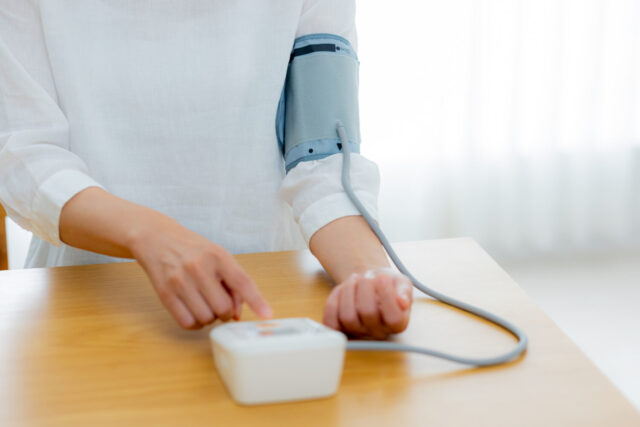
Minoxidil was originally developed as a treatment for high blood pressure. Because the medication dilates blood vessels, it may cause hypotension in some people.
If this symptom occurs, standing up suddenly may cause lightheadedness. If you experience symptoms like that, you should consult your doctor immediately. Together with your doctor, you may consider adjusting the dosage of your medication or switching to another form of treatment.
Inflammation or itching of the scalp

Minoxidil is commonly applied directly to the scalp, a type of treatment that can cause scalp irritation and itching in some people. This is often caused primarily by irritation from the alcohol and propylene glycol that minoxidil contains.
If irritation or itching occurs, it is important to discontinue use firstly and consult your doctor. Measures such as the use of alternative medications or lower concentrations of minoxidil may be considered.
Effects on the heart

Both minoxidil and finasteride (Propecia) can affect the heart. Minoxidil was originally used to treat hypertension medications and has the effect of dilating blood vessels. Thus, it may put a strain on the heart, especially when used at high doses. Finasteride has also been reported to have rare cardiac effects, but this is an area that is not yet well understood.
If you are concerned about the effects on your heart, you can take measures such as starting treatment at a lower dose from the beginning, undergoing regular heart examinations, or switching to a treatment that does not affect your heart.
Hepatic dysfunction
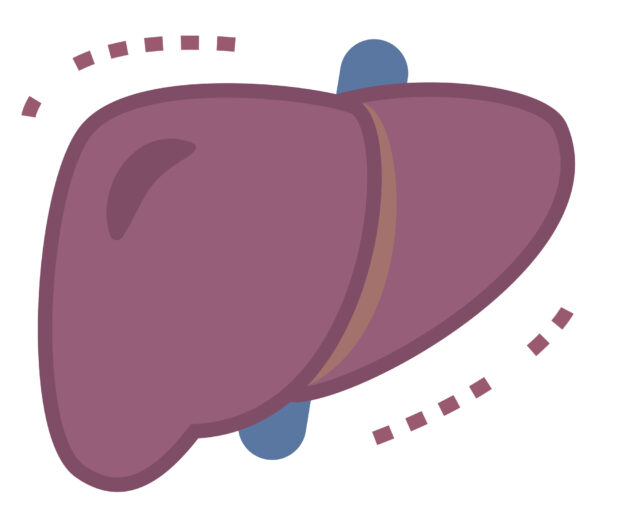 The side effect of Propecia that requires the most attention is hepatic dysfunction. While decreased libido and erectile dysfunction are not risks that directly affect human life, hepatic dysfunction is a serious side effect.
The side effect of Propecia that requires the most attention is hepatic dysfunction. While decreased libido and erectile dysfunction are not risks that directly affect human life, hepatic dysfunction is a serious side effect.
Hepatic dysfunction is a symptom that is difficult to detect in its early stages unless it is examined by blood tests. As hepatic dysfunction worsens, a symptom called jaundice appears, in which the whites of the eyes turn yellow. Pigments that could not be broken down by the liver appear in the whites of the eyes.
It is difficult to treat liver function after jaundice develops. When taking Propecia, it is necessary to pay attention to hepatic dysfunction.
Increased body hair

Minoxidil is originally used to promote hair growth on the scalp, but its action is not topical. In other words, it may act on areas other than the scalp to increase body hair.
This is especially likely to occur if hands are not washed after application of minoxidil or if other body parts are touched. If this side effect is uncomfortable, it is important to discontinue use and consult a doctor. In some cases, it may be necessary to switch to another medication or revise the treatment regimen.
Fatigue

There have been some reports of fatigue due to minoxidil and finasteride (Propecia). In particular, minoxidil lowers blood pressure, which may lead to fatigue.
Finasteride also suppresses the action of the male hormone (testosterone), which can cause fatigue and low energy in some people.
If fatigue persists, it is important to consult with a doctor at first. A dosage adjustment or a switch to a different treatment regimen may be necessary. You should also consider the possibility that the fatigue may be due to other health issues.
Dizziness

Minoxidil was originally developed to treat hypertension, but can cause hypotension.
Low blood pressure can often cause dizziness and vertigo, especially when standing up or suddenly changing posture. If you experience any of these symptoms, sit or lie down immediately and consult with your doctor.
Palpitations and shortness of breath
Because minoxidil dilates blood vessels, you may experience palpitations or shortness of breath after taking it. Particular attention should be paid to those with heart problems or high blood pressure.
If palpitations or shortness of breath appear severe or persist for a long time, you should consult your doctor. Depending on the symptoms, you may need to stop taking minoxidil or undergo a thorough heart examination.
Digestive system symptoms

Digestive symptoms are not common as a direct side effect of finasteride (Propecia), but gas formation, stomach discomfort, and diarrhea may occur due to individual reactions to the medication, other concurrent medications, and interactions with food.
If you experience any digestive symptoms, a doctor’s diagnosis is essential to determine whether they are medication-induced or caused by other factors. Consult a doctor immediately, especially if these symptoms persist or worsen.
Minoxidil, Propecia, Zagallo, and Finasteride risks and How to deal with them

Minoxidil, finasteride (Propecia), and dutasteride (Zagallo) are primarily used to treat male pattern baldness, but each has its own unique side effects.
The side effects of minoxidil, finasteride (Propecia), and dutasteride (Zagallo) and how to deal with them are organized in an easy-to-understand table format.
| Medications Name | Main Side Effects |
|---|---|
|
|
|
|
|
The following article provides an overview of the typical types of AGA medications.
Beware of privately imported AGA medications!
Now that the Internet has become widespread, it is easier than ever to obtain foreign AGA medications. Of course, not all foreign AGA medications are dangerous. Above all, the use of AGA medications that are not suitable for one’s constitution is a serious problem.
AGA medication is generally prescribed at an AGA hair treatment clinic, where the constitution is examined, and then the doctor prescribes AGA medication based on the patient’s symptoms of thinning hair and physical condition.
It is not possible to judge for oneself whether medications imported privately are suitable for one’s physical constitution and thinning hair symptoms. The use of dangerous foreign AGA medication may cause serious health problems; when taking AGA medication, please be sure to do so carefully under the supervision of a doctor at a clinic specializing in AGA hair treatment.
Side effects and Risk management in Long-term AGA treatment
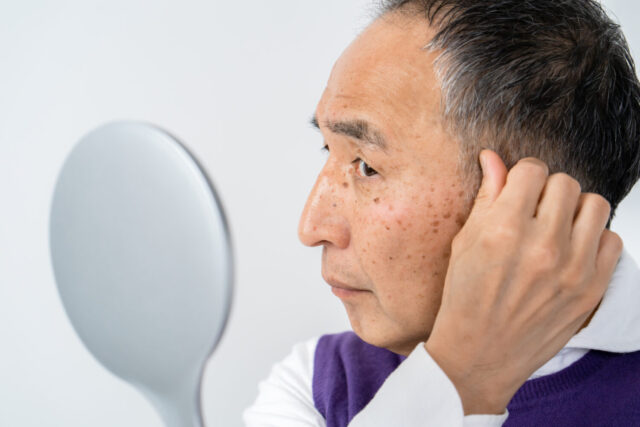
AGA (male pattern baldness) treatment is often a long-term process. Long-term medications treatment may increase the risk of its side effects.
Long-term side effect risks may include effects on hepatic function, increased risk of cardiovascular disease, and sexual dysfunction.
It is important to consult your doctor promptly if you notice any changes in your symptoms or physical condition. Also, have regular health checkups, including blood tests and EKGs, as directed by your doctor.
The following article explains the causes of wanting to stop AGA treatment due to ineffectiveness.
How to minimize the risks of long-term treatment
A properly information gathering and planned approach is required to minimize the risks of long-term treatment.
| Risk Management Methods | Specific Practices |
|---|---|
| Regular health checkup |
|
| Self-observation and recording |
|
| Lifestyle Improvements |
|
| Stress Management |
|
| Be aware of interactions with other drugs |
|
| Communicate with your doctor |
|
To continue long-term AGA treatment, it is important to be sensitive to changes in your body and take appropriate measures. Above all, maintain good communication with your doctor and continue safe and effective treatment.
Conclusion
There are many options for AGA (male pattern baldness) treatment, but each carries its own risk of side effects. Loss of libido, low blood pressure, and scalp inflammation are just a few of the concerns.
However, with accurate information and solid communication with the doctor, these risks can be minimized. After reading this article and gaining a better understanding of the side effects of AGA treatment, feel free to consult a specialist next.
Furthermore, researching treatment medications and scalp care products is the first step toward safe and effective treatment. If you have any questions or concerns, please feel free to contact us.
We are committed to supporting your hair and mental health. Let’s overcome the problems of thinning hair together.





